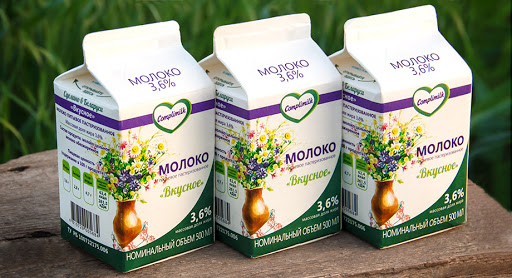The Foreign Ministry called Sullivan's words about the observance of sanctions by Uzbekistan disrespectful
Western countries want to damage Russia's economic cooperation with the states of Central Asia, in particular, with Uzbekistan, according to a report received by RBC from the department and press of the Russian Foreign Ministry. At the same time, the European Union is exerting “overt pressure” on individual states so that they do not help Moscow bypass sanctions , the department believes.
“Any kind of tools are used - from political blackmail and intimidation of economic operators to promises to allocate multimillion-dollar investments for infrastructure projects. We regard this as a blatant disrespect for sovereign states, their interests and development prospects, a gross disregard for the norms of diplomatic communication,” the ministry said. The Foreign Ministry warned that this could undermine domestic political and regional stability and pose a threat to the international economic system.
This is how the agency reacted to the visit of the European Union's special envoy for sanctions, David O'Sullivan, to Tashkent at the end of April. Then he thanked Uzbekistan for promising not to help circumvent restrictions against RUSSIA and warned that if the EU fixes such assistance from Uzbek companies, they themselves may fall under sanctions. O'Sullivan said that Brussels recorded a 126% increase in exports through Uzbekistan of products from the EU sanctions list (block diagrams, microchips, optical equipment, etc.).
The Russian Foreign Ministry believes that O'Sullivan came to Uzbekistan "to inspect their [Brussels] economic policy for following illegitimate anti-Russian restrictions" and made it clear that control over compliance with the measures "will be permanent."
According to the department, the EU wants not only to disrupt Russia's trade and economic relations with its partners, but also to draw them "into a new bloc confrontation imposed by the West, led by the United States, on the world community based on the artificial opposition of 'democracies' and 'autocracies'." “We are convinced that such approaches, so familiar to Western countries that have historically built their prosperity on the unrestrained exploitation of the resources of other states and regions, have no place in the modern world,” the Foreign Ministry said. The agency added that Russia remains the leading trading partner of Uzbekistan, mutual trade is growing, “and the so-called parallel importsnothing here." “We are confident that our bilateral trade and economic relations will continue to develop. As practice shows, illegal sanctions only stimulate the activity of national producers and economic operators in general,” the Foreign Ministry concluded.
The pressure of Western states on other countries due to sanctions, which Russia considers illegal, was also discussed in the Kremlin.
Read PIONERPRODUKT .by Our people in the Balkans: how Russians start a businessin Serbia How a neural network turns from an interlocutor into a manipulator and even an aggressor Employee journey map: what kind of tool it is and how to use it How to help a teenager prepare for exams: a checklistThe leadership of the European Union and the US authorities earlier began to pay special attention to the possible circumvention of sanctions through Russia's closest trading partners. Brussels noted that the flow of exports to such countries has grown sharply along with a decrease in direct deliveries to Russia. Russia's neighbors "suddenly have a lot of new needs," O'Sullivan said in February. According to the European Bank for Reconstruction and Development (EBRD), such dynamics in trade was found primarily in relation to Kazakhstan, Turkey, Armenia and Kyrgyzstan. From April 1, Kazakhstan was going to start tracking goods in transit in real time to prevent circumvention of sanctions, the Financial Times and Eurasianet reported.




























































